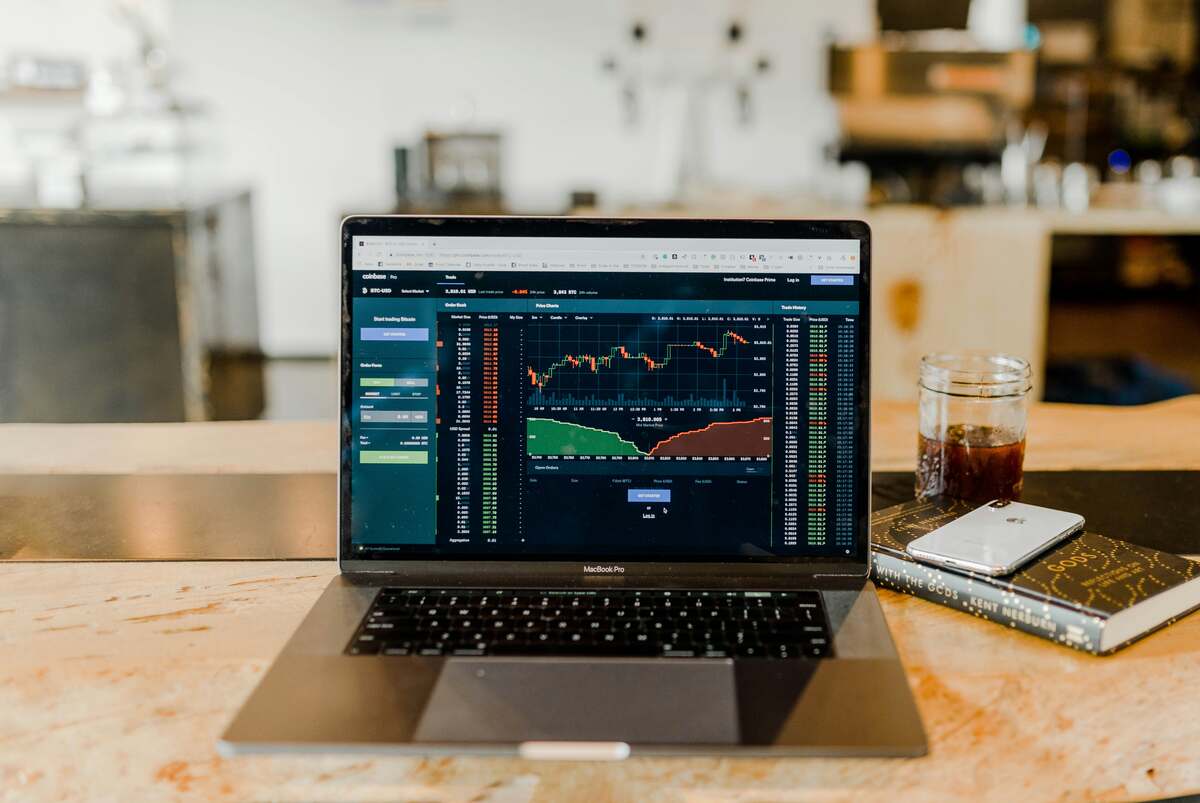Forex Vs Stock Market Trading
Forex (foreign exchange) is the market where currency pairs are traded, and traders make money speculating that one of their purchases will rise in value relative to the one they sell – similar to buying stocks. Get the Best information about forex robot.
As with stock trading, forex trades can be risky. High fees and commissions, leverage use, market forces, and other market forces could all increase losses beyond your initial investment amount.
It’s a global market.
The foreign exchange market, commonly referred to as forex, is one of the world’s largest decentralized markets dedicated to currency trading. Investors buy and sell currencies on this global marketplace 24 hours a day, five days a week – it can be highly volatile due to extreme price fluctuations but can prove profitable with leveraged trading strategies.
Currencies are traded in pairs, each trade consisting of both buying and selling. Transactions take place over-the-counter between traders, most commonly with USD/EUR, but other popular pairs such as USD/CAD and AUD/USD can also be seen being executed between traders. It’s essential to remember that each currency pair needs to be respected equally.
Forex traders can access forex markets via brokers and dealers, trading in different lot sizes such as micro lots, mini lots, and standard lots. The larger your lot size is, the greater its risk; therefore, individual investors should limit themselves to micro or mini lots until they gain experience trading forex. CFDs (contracts for differences) also enable traders to speculate on currency movements without actually buying or selling physical assets directly.
It’s more profitable than stocks.
Forex trading can bring small gains from price fluctuations, yet it is riskier and takes more time to learn. Stock market trading, on the other hand, tends to produce longer-term gains with lower volatility. Selecting an optimal market depends on factors like your personality, trading goals, and risk tolerance; remembering neither one guarantees any form of financial gain is essential, too!
One advantage of the stock market is its wide array of trading instruments; thousands of stocks are registered with them compared with 27 major currency pairs in the forex market. Furthermore, its opening hours extend further flexibility for traders across multiple time zones.
Stock markets provide traders with high levels of liquidity, which allows for faster trading than forex markets. Blue-chip stocks with many buyers attract particular benefits in this regard; however, even these advantages don’t make stocks more lucrative than forex.
Traders must consider both macroeconomic and microeconomic influences on commodity prices when trading commodities. They should investigate how currencies impact economies as a whole and note any effect of interest rates on profitability.
It’s risky
The Forex Market is an international decentralized currency exchange market. Not governed by any central authority, trading can occur round-the-clock – yet investors should be wary of its high degree of volatility.
Currency prices, unlike stocks, can fluctuate significantly due to news events, political situations, and economic influences. This extreme variability makes it harder for traders to predict prices accurately, consequently resulting in significant losses. However, risk exposure can be minimized using stop-loss orders and profit-limit orders.
Due to Forex’s high level of leverage and market volatility, trading can quickly lead to significant losses. When volatility spikes, it can quickly close out positions, leading to huge losses; for this reason, it’s essential that traders know how much money they can afford to invest and only leverage when trading small margins.
One significant risk associated with forex trading is that fraudsters find it easier than in stocks to steal investor funds in this market. Numerous scams are promising enormous wealth generation automatically, and even the Commodity Futures Trading Commission considers forex to be one of the significant areas for retail fraud.
It’s regulated
Forex trading is a highly volatile market, which is why its regulations by various governments and regulatory agencies are so stringent. This helps protect traders from scams and high risks, as well as market manipulation that could damage investor trust or distort prices. Compliance standards also set best practices for broker-client conduct while assuring client funds remain separate from company assets.
Regulated Forex brokers must obtain a license from the relevant regulatory body and adhere to its rules and standards, which include making sure its principals and associated persons have undergone background checks, meeting specific financial requirements, as well as meeting other requisites such as making initial deposits. Before making deposits or providing sensitive personal data to their broker, traders should verify whether their broker belongs to an established regulatory organization such as the Commodity Futures Trading Commission (CFTC).
The currency market is an international marketplace that operates 24 hours a day, five days a week, due to time zones overlapping among significant trading centers. Unlike stock markets that are subject to opening and closing hours limitations, forex trading operates uninterrupted compared to stock trading exchanges; its low overhead costs make forex an appealing market for many traders, especially those trading short-term positions with short expiries, keeping track of only major pairs is more accessible than keeping tabs on thousands of stocks that need constant monitoring.


